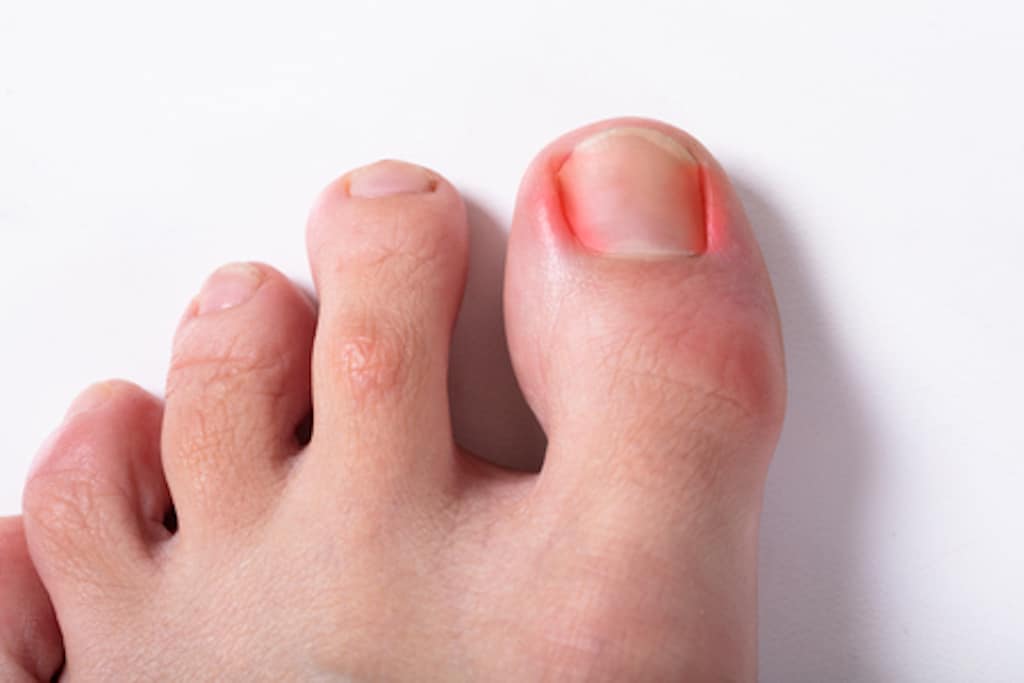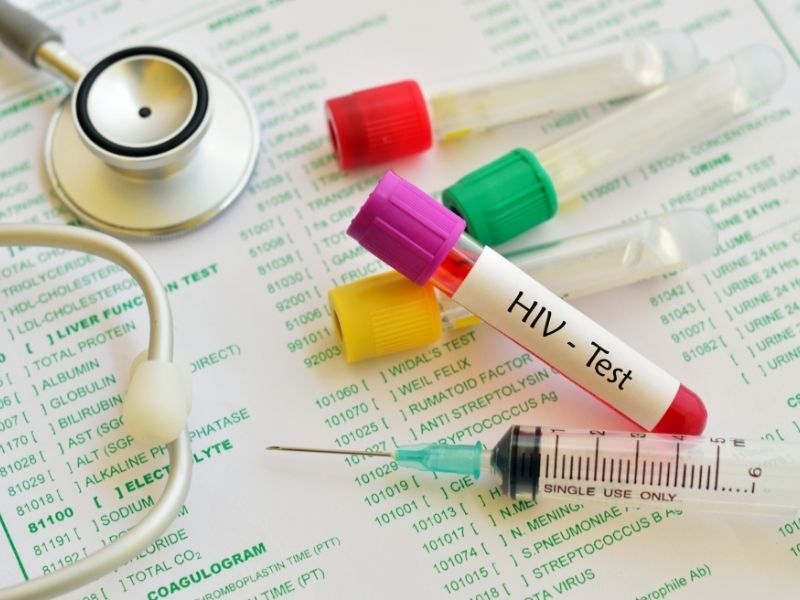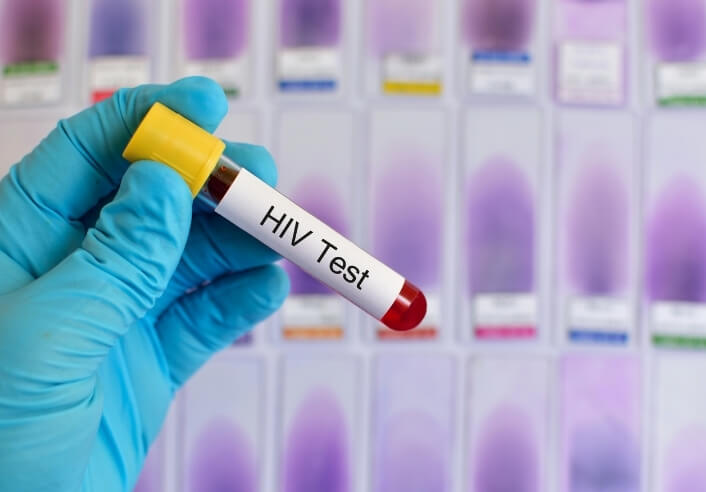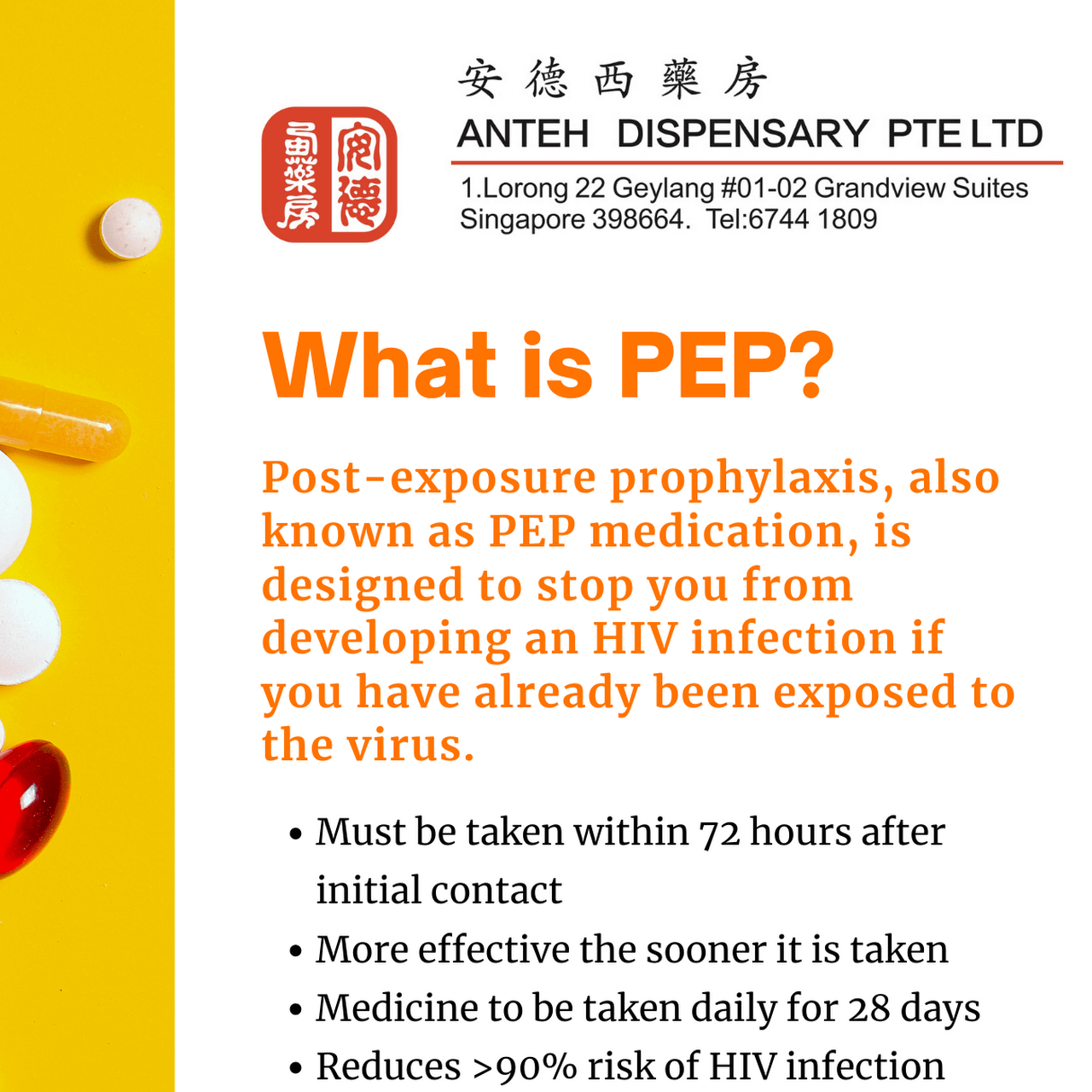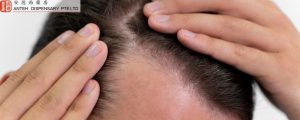
Hair loss, a concern that transcends age and gender, frequently carries a sense of distress. Despite it being a common issue, understanding its origins is the initial stride toward discovering an appropriate solution. In this in-depth guide, we delve into the usual and less common causes of hair loss, providing advice on identifying the roots of this problem and how to approach it.
Common Causes of Hair Loss
Genetic Factors
Genes often play a significant role when it comes to hair loss. Hereditary hair loss, a natural albeit disconcerting occurrence, typically becomes evident with age. Common patterns include male-pattern and female-pattern baldness. The former often presents as a receding hairline, while the latter may manifest as a widening part or thinning crown.
Hormonal Changes
Life’s various stages frequently bring hormonal imbalances that notably impact hair health. For example, hormonal shifts during menopause or after childbirth can lead to temporary or even permanent hair loss. Additionally, thyroid irregularities, either an overactive or underactive thyroid gland, can disrupt the hair growth cycle, triggering hair loss.
Nutritional Deficiencies
The importance of a balanced diet for robust hair health cannot be overstated. Deficiencies in vital nutrients like iron, protein, and certain vitamins and minerals can contribute to hair loss. The role of micronutrients in maintaining hair health is critical. Ensuring a diet rich in these nutrients can often prevent hair loss or reduce its severity.
Medication and Treatment Side Effects
Certain medical treatments and medications can have both negative and positive effects. Notably, chemotherapy and radiation therapy, crucial in cancer treatment, are known to cause temporary or permanent hair loss. Being aware of such side effects and exploring alternatives or preparatory measures can be enlightening and beneficial.
Less Common Causes of Hair Loss
Autoimmune Diseases: Autoimmune diseases can lead to hair loss by targeting hair follicles, resulting in conditions like Alopecia Areata, where the immune system mistakenly attacks hair follicles, leading to sporadic hair loss.
Physical and Emotional Stress: Stress, whether physical or emotional, can trigger telogen effluvium, a condition associated with hair loss. Engaging in stress-reducing activities and maintaining a balanced lifestyle can significantly mitigate such hair loss.
Scalp Infections and Other Skin Disorders: Scalp infections can create an unfavourable environment for hair growth, contributing to hair loss. Similarly, skin disorders like psoriasis and dermatitis can affect scalp health, thus adding to hair loss. Timely medical intervention can help address these issues before they worsen.
Physical Trauma: Physical trauma, such as accidents or major surgeries, can lead to temporary hair loss known as telogen effluvium. The shock to the system can push more hair into the shedding phase.
Excessive Styling and Harsh Hair Treatments: Excessive styling and harsh hair treatments can damage your hair. This includes tight hairstyles and the use of strong chemicals, which can result in traction alopecia or damage to hair follicles, leading to temporary or permanent hair loss.
Environmental Factors: Environmental factors, like exposure to severe weather or pollution, can affect scalp and hair health. It’s advisable to protect your hair and scalp from excessive sun exposure and limit exposure to polluted environments.
Underlying Health Conditions: Hair loss can result from underlying medical conditions such as diabetes or lupus. Managing these disorders under medical supervision is crucial to reducing hair loss.
Lack of Sleep: Adequate sleep is vital for general health, including hair health. Sleep deprivation can lead to stress, which can contribute to hair loss. Establishing a healthy sleep schedule may help reduce hair loss.
How to Find Out What’s Causing Your Hair Loss?
Self-Assessment
Conducting a thoughtful self-assessment, considering factors such as family history, dietary habits, and recent stressful events, and reviewing any ongoing medications, can sometimes shed light on the potential causes of hair loss.
Professional Consultation
You can seek guidance at a hair loss clinic such as Anteh Dispensary. We offer insights into the reasons behind your hair loss. Our range of tests, from blood tests to scalp biopsies, ensures an accurate diagnosis of the underlying issue.
Treatment Options Based on Causes
Once the cause is determined, numerous treatment options become available. The effectiveness of these treatments often depends on addressing the underlying cause, whether through topical solutions, oral medications, or surgical interventions like hair transplantation. Each treatment approach aims to either promote hair growth or conceal hair loss, offering hope to those grappling with this issue.



